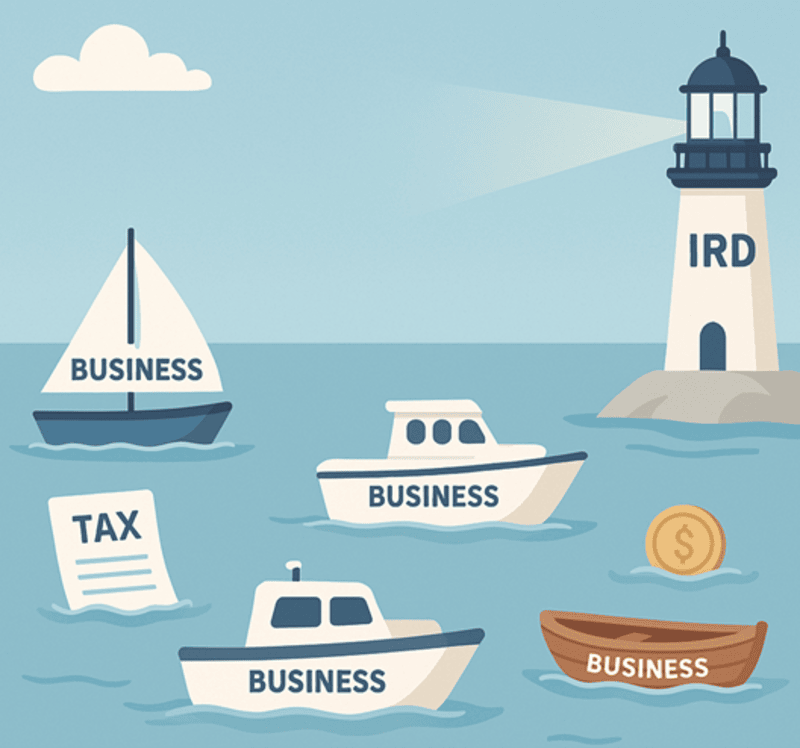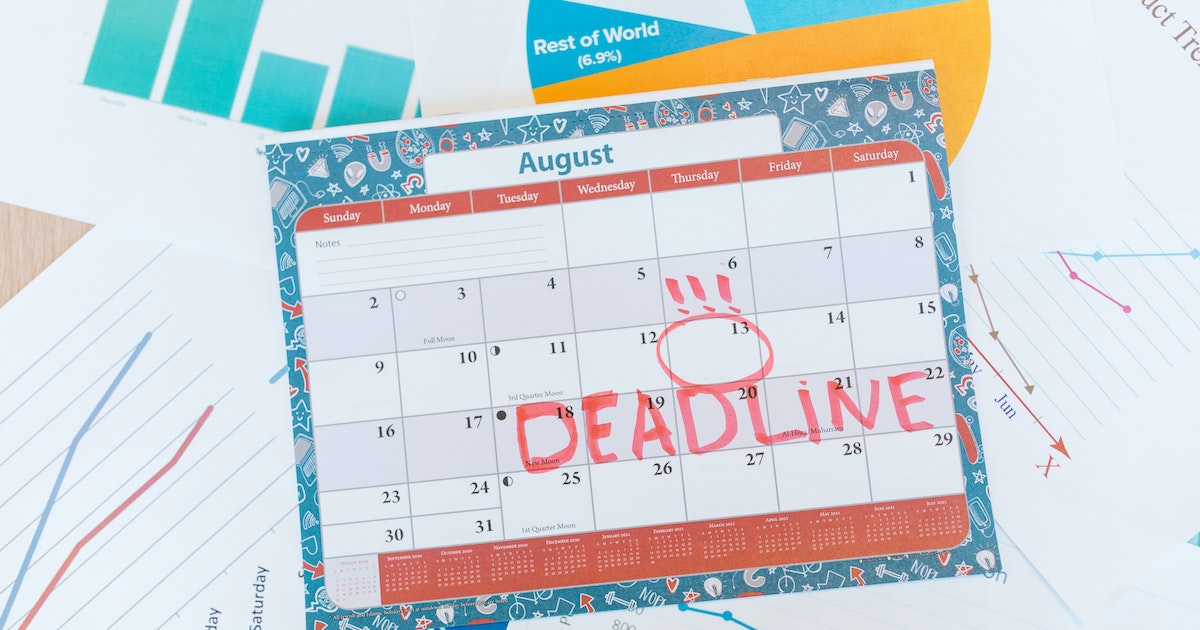
Provisional Tax in NZ: It's not as Scary as it Sounds (Promise!)
By Kristina Henare
Posted on 30 Jul 2025
So... What Is Provisional Tax?
Think of provisional tax like a Netflix subscription... for your future tax bill.
If you earn income that isn't taxed at the source (looking at you, business owners, freelancers, and side hustlers), then you may need to make payments throughout the year to chip away at your final tax bill. That’s provisional tax in a nutshell: paying your tax in instalments instead of one lump sum when your year’s done.
Why? Because the IRD isn’t too keen on waiting till the end of the year to collect their coin. Fair enough – we all love a bit of cashflow certainty.
When Do You Pay It?
If you’ve paid more than $5,000 in residual income tax in your last return, congrats! You're now in the Provisional Tax Club (jacket not included).
For most NZ businesses, provisional tax is due in three instalments over the financial year:
- 28 August
- 15 January
- 7 May
Mark those dates in your calendar. Set alarms. Bribe your future self with snacks.
But What If My Income’s Changed?
Great question! If your business is booming or if things have slowed down, your provisional tax payments might need a tweak.
Income Going Up?
You might be underpaying based on last year’s numbers, which can lead to a nasty surprise come tax time. If you’re heading for a much bigger year, talk to your accountant about adjusting your payments to avoid a catch-up bill and potential interest.
Income Going Down?
If things are quieter this year, you might be overpaying – which is generous, but not ideal. You can estimate a lower provisional amount to reflect your current income. Just keep it realistic – the IRD has a sixth sense for overly optimistic guesses.
Real-Life Example: Less Tax, More Breathing Room
Recently, we worked with a client in the consulting space who had just lost one of their largest long-term customers. Understandably, their income took a significant hit – but their provisional tax was still based on the high-earning year before.
Instead of continuing to pay more tax than necessary, we sat down, looked at the numbers, and prepared a revised estimate of their income for the current year. We then helped reduce their upcoming provisional tax payments to reflect the actual situation.
The result?
They were able to free up thousands in cashflow over the next few months – cash they used to keep staff on board, invest in marketing, and steady the ship. No penalties, no drama – just a proactive plan that matched reality.
Moral of the story: If your income changes, don’t just cross your fingers. Adjust your tax!
What’s the Deal with Safe Harbour?
Ah, the magical land of Safe Harbour – where small miscalculations don’t lead to big penalties.
Here’s how it works:
- If your residual income tax is under $60,000 and you’ve paid all your provisional tax instalments on time and in full, then you’re in Safe Harbour.
- That means even if you underpaid (because your income went up unexpectedly), you won’t be charged interest or penalties by the IRD.
BUT! If your residual tax is going to exceed $60,000, Safe Harbour no longer applies – and the IRD can charge interest if your payments fall short.
So, what does this mean for you?
If you’re heading over that $60,000 mark, it’s time to check in with us. You might need to top up your payments to avoid any unpleasant surprises.
🛠️ Other Pro Tips for Provisional Tax
- Use a tax savings account: Regularly pop money aside, so the due dates don’t hurt.
- Automate what you can: Let your software forecast and remind you.
- Consider tax pooling: If cashflow’s tight, this can help smooth things out – legally and flexibly.
🎉 Provisional Tax Isn’t the Villain
Yes, it’s based on last year’s income. And yes, it can feel like a moving target when this year’s looking different. But with a little planning (and maybe a calculator), you’ve got this.
Just remember:
- If your income is changing, talk to your accountant.
- If you’re under $60k in tax, Safe Harbour’s got your back.
- If you’re going over $60k, be proactive – interest charges are no fun.
- And if you’re struggling with cashflow? You might not need to pay as much tax as you think.
Get in touch with us today to make tax time less stressful and more predictable


